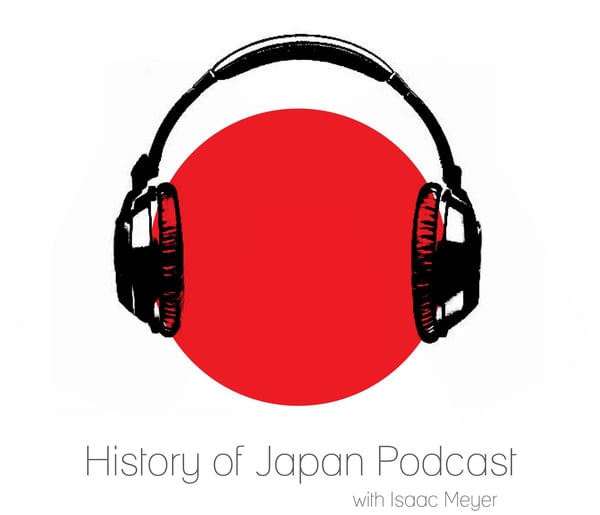Episode 204 - No Peace Without War
History of Japan
Isaac Meyer
4.8 • 744 Ratings
🗓️ 5 August 2017
⏱️ 32 minutes
🧾️ Download transcript
Summary
This week we tackle the question of Japanese fascism by looking at one of Japan's foremost fascists, the authoritarian scholar Kita Ikki.
Transcript
Click on a timestamp to play from that location
| 0:00.0 | The Hello and welcome to the History of Japan podcast, episode 204, No Peace Without War. |
| 0:48.5 | This week, I want to turn our attention to an interesting discussion that forms one of the |
| 0:53.8 | hallmarks of debate in the history of 20th century Japan, the nature of Japanese fascism. |
| 1:00.6 | This is such a big one that for my field exam in modern Japanese history, it was one of two questions I knew I was going to get on the oral exam. |
| 1:09.6 | The other, if you're curious, is, is the |
| 1:12.5 | Meiji Restoration a revolution or not? So, the question of what exactly we can call Japan's |
| 1:19.1 | foray to the hard right has set scholars against each other for decades. Scholars on both sides |
| 1:25.4 | of the debate as to whether we can call Japan of the 1930s and 1940s |
| 1:30.3 | fascist have put out enough papers, articles, and books to clear-cut a good-sized forest by now. |
| 1:37.3 | Now, I am not an expert on European fascism by any means, I'm a bit nervous about attempting to present to you a workable |
| 1:45.6 | definition of the term fascist, a nervousness that's compounded by the fact that fascism is, |
| 1:52.1 | in a certain sense, in the eye of the beholder. Now, I don't want to get too heavy into European |
| 1:58.7 | philosophy, though philosophy is great, and if you're at all |
| 2:02.1 | interested in the subject, I highly recommend checking out the excellent philosophize this podcast. |
| 2:08.6 | But we've got to talk a little bit about European philosophy because fascism is in a certain |
| 2:14.1 | sense a rejection of what we call enlightenment thought. |
| 2:18.8 | This is the notion traced back to the European Enlightenment and in some ways much further, |
| 2:24.2 | that the world and humans are fundamentally rational, and that with the power of our rational |
| 2:29.3 | intellects honed via education, we can be our best versions of ourselves and create a better world while doing so. |
| 2:37.5 | Most of the modern Western political tradition, electoral politics, republics, democracy, the rule of law, |
| 2:45.1 | human rights, is rooted in this Enlightenment tradition. However, in the 19th century, this view of the world, |
| 2:53.4 | which we call rationalism sometimes, was challenged by something called romanticism. Romanticism in |
... |
Please login to see the full transcript.
Disclaimer: The podcast and artwork embedded on this page are from Isaac Meyer, and are the property of its owner and not affiliated with or endorsed by Tapesearch.
Generated transcripts are the property of Isaac Meyer and are distributed freely under the Fair Use doctrine. Transcripts generated by Tapesearch are not guaranteed to be accurate.
Copyright © Tapesearch 2025.

